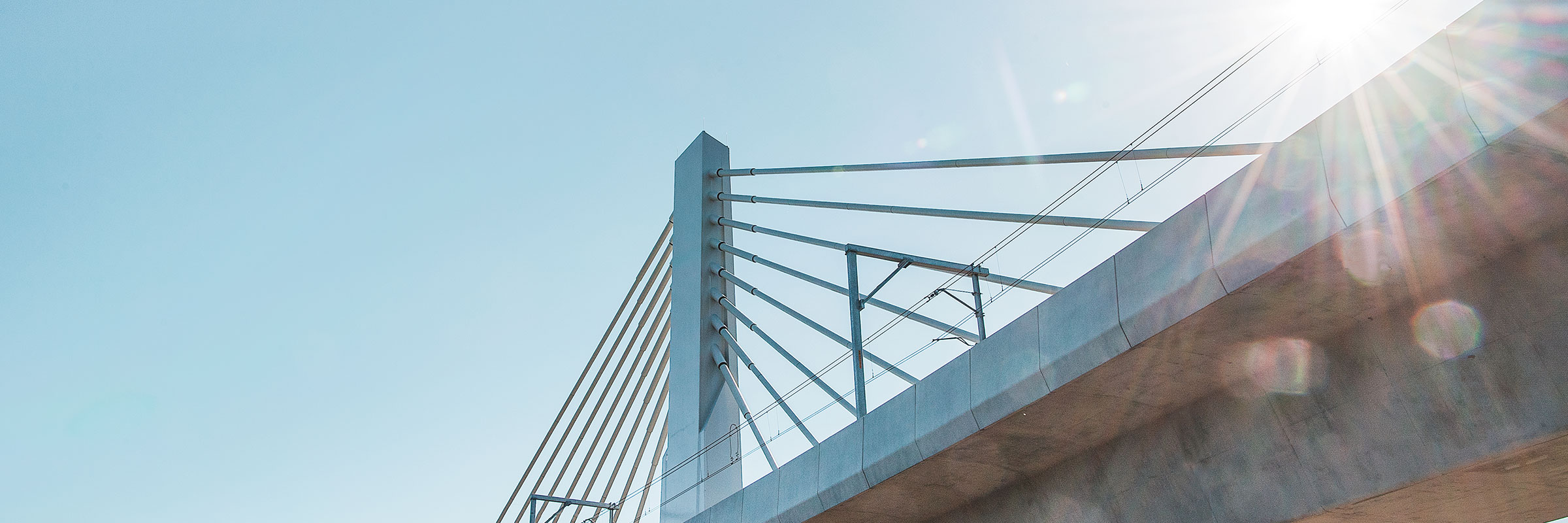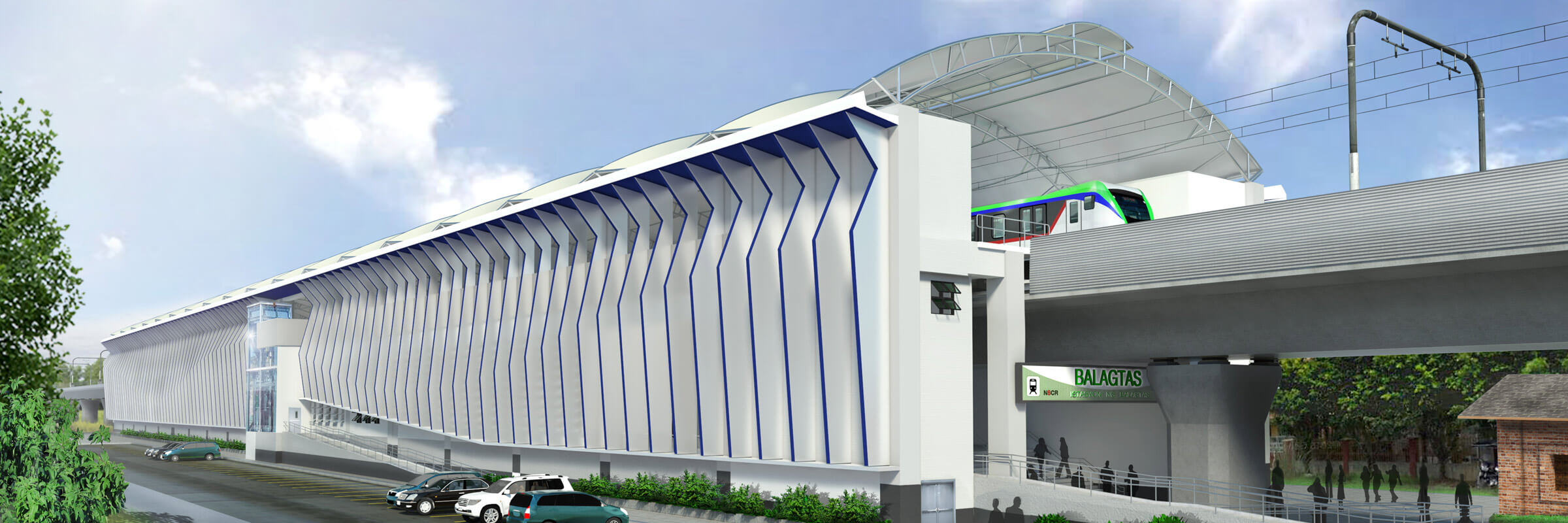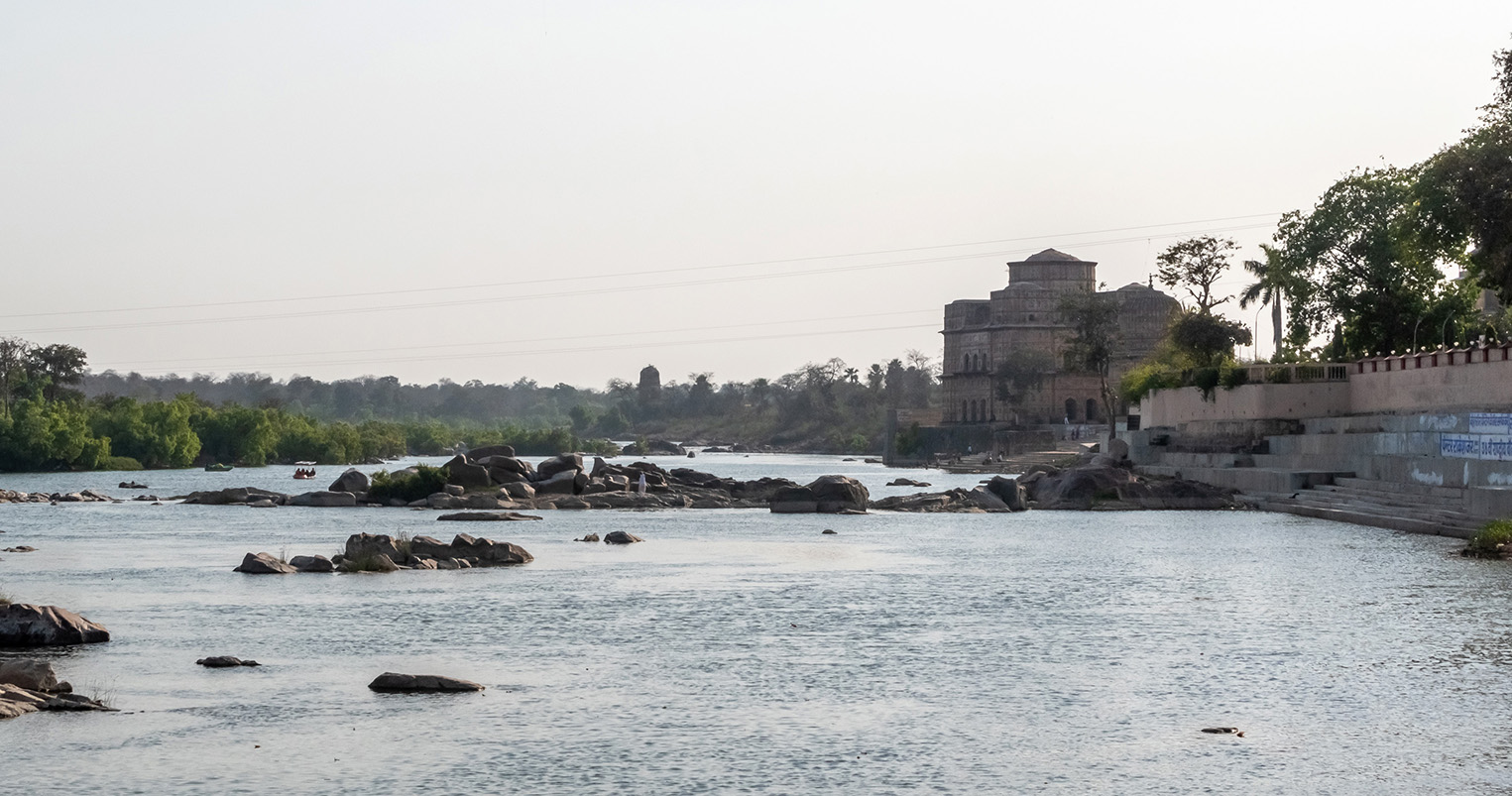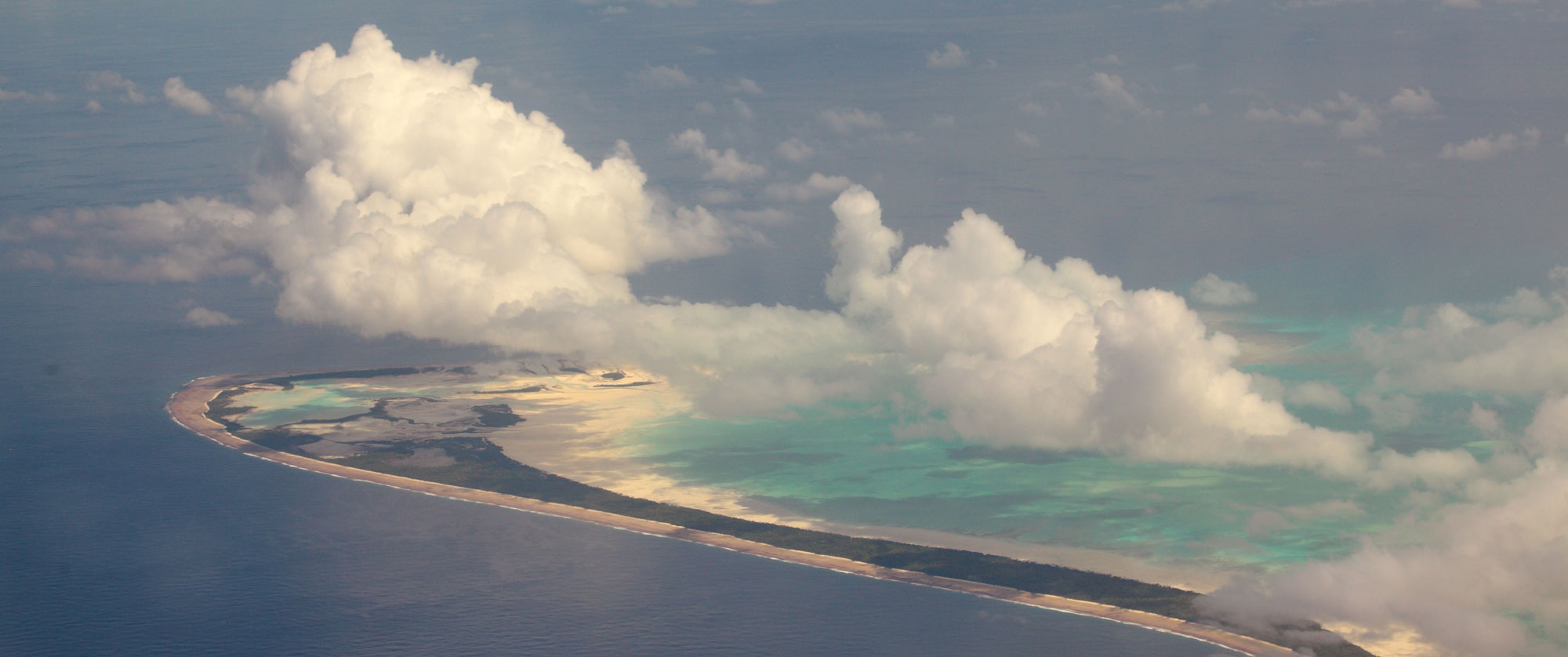
Beginning in 2012, SMEC worked closely with the Ministry of Infrastructure and Sustainable Energy (MISE) on the South Tarawa Sanitation Improvement Project. The program is designed to improve public health and reduce chronic water-borne diseases and fatalities, particularly infant mortality, through better access to safe and sustainable water and sanitation services. The project is funded by both the Asian Development Bank (ADB) and the Australian Department of Foreign Affairs and Trade (DFAT).
This is a project that has really made a difference, potentially saved lives and significantly improved the health and overall living conditions for much of the population of South Tarawa.
For the seven-year duration of the project, SMEC maintained a permanent team on the island, working to rehabilitate and upgrade the islands’ sewer network infrastructure, three ocean outfalls and other specific sanitation infrastructure. The team worked hard to overcome numerous challenges including extremely harsh and saline conditions, ocean outfalls to a depth of 30m, limited local capacity, limited utilities and supply of goods, and extremely remote and challenging living conditions.
Betio Town in South Tarawa is one of the most densely populated urban areas in the world with very poor living and public health conditions. In addition to project managing infrastructure upgrades, SMEC also delivered community engagement and capacity development activities to improve sanitation services. This included developing the Government’s capacity to maintain and operate the installed infrastructure over the long-term and promoting better sanitation awareness and practices in the community.
Completed in late 2019, the project has contributed to the significant improvement of public health and safety through delivering new and rehabilitated sewerage infrastructure, addressing the pollution of fresh groundwater reserves, and providing support and training for organisational capacity and ongoing asset management. Post-program evaluation has shown major improvements in health data, with a clear correlation drawn between the improved sanitation infrastructure and sanitation behaviors, and a reduction in chronic water-borne illness and diseases among the South Tarawa communities, particularly in the low-income urban settlements of Betio, Bairiki and Bikenibeu.
Related
insights
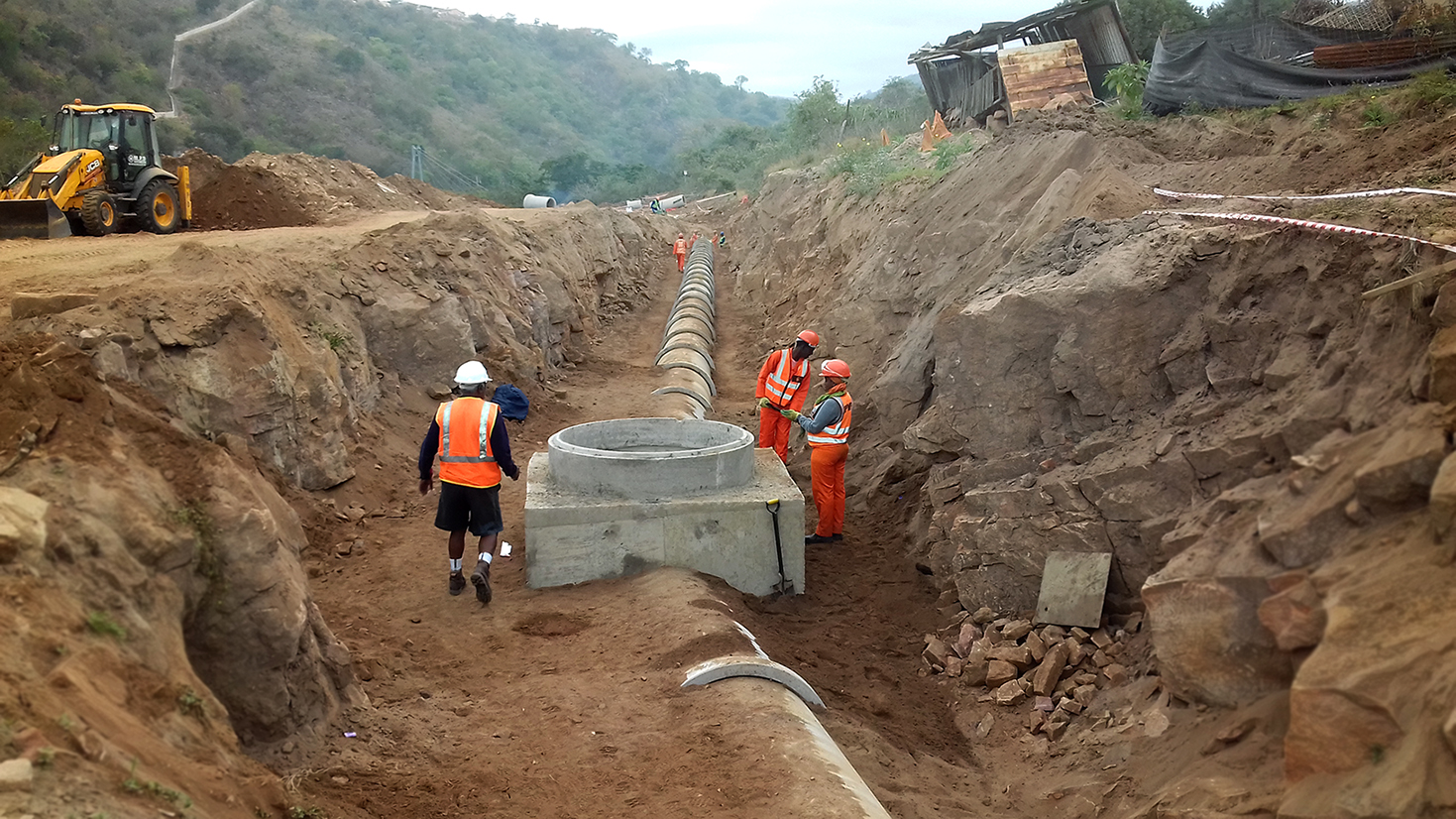 Restoring dignity through accessible water and sanitation
Restoring dignity through accessible water and sanitation
SMEC South Africa delivers over 1200 ablution facilities, bulk and secondary infrastructure to local municipality.
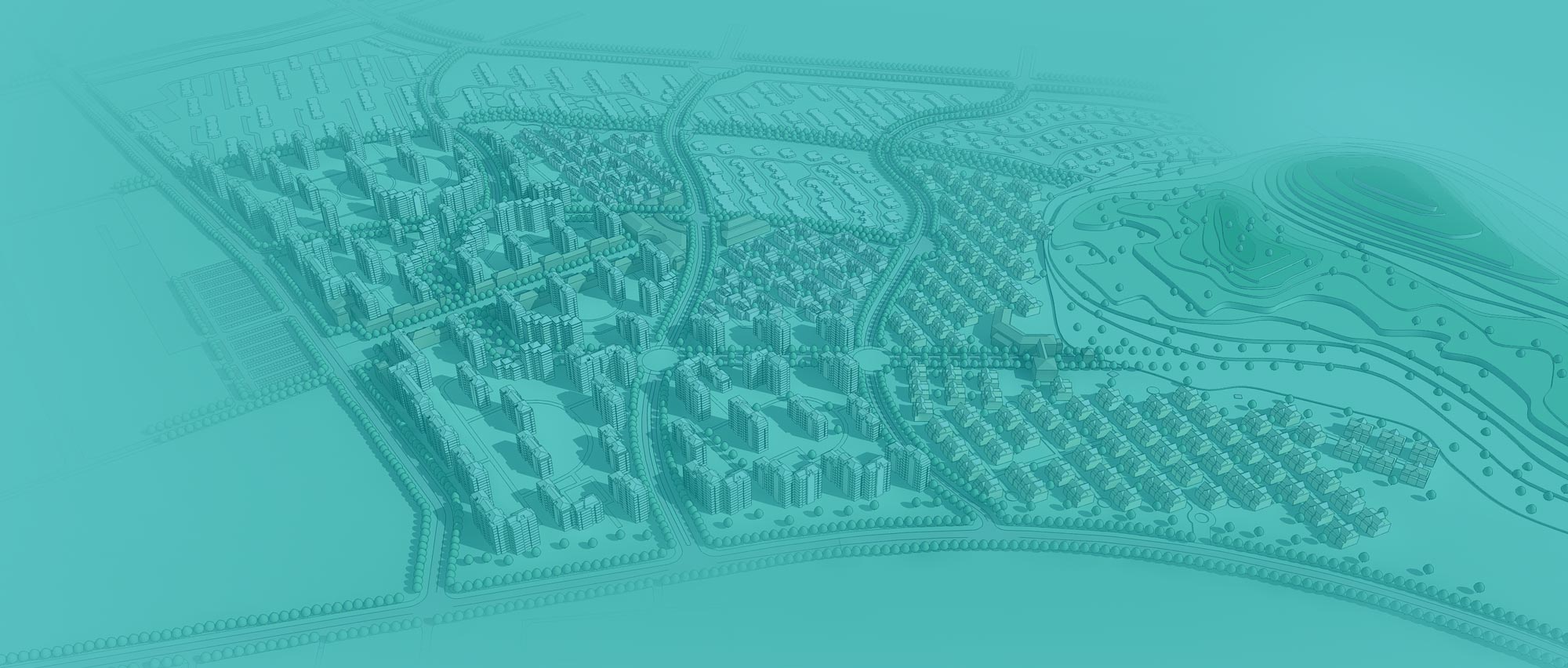 Delivery in the digital age. People powered technology.
Delivery in the digital age. People powered technology.
I often ponder about the future of our industry and where technology will lead us and indeed, where will we lead technology. Is technology challenging the equilibrium when it comes to a full-service offering in the engineering industry? Some would say yes if our lives today are anything to go by.
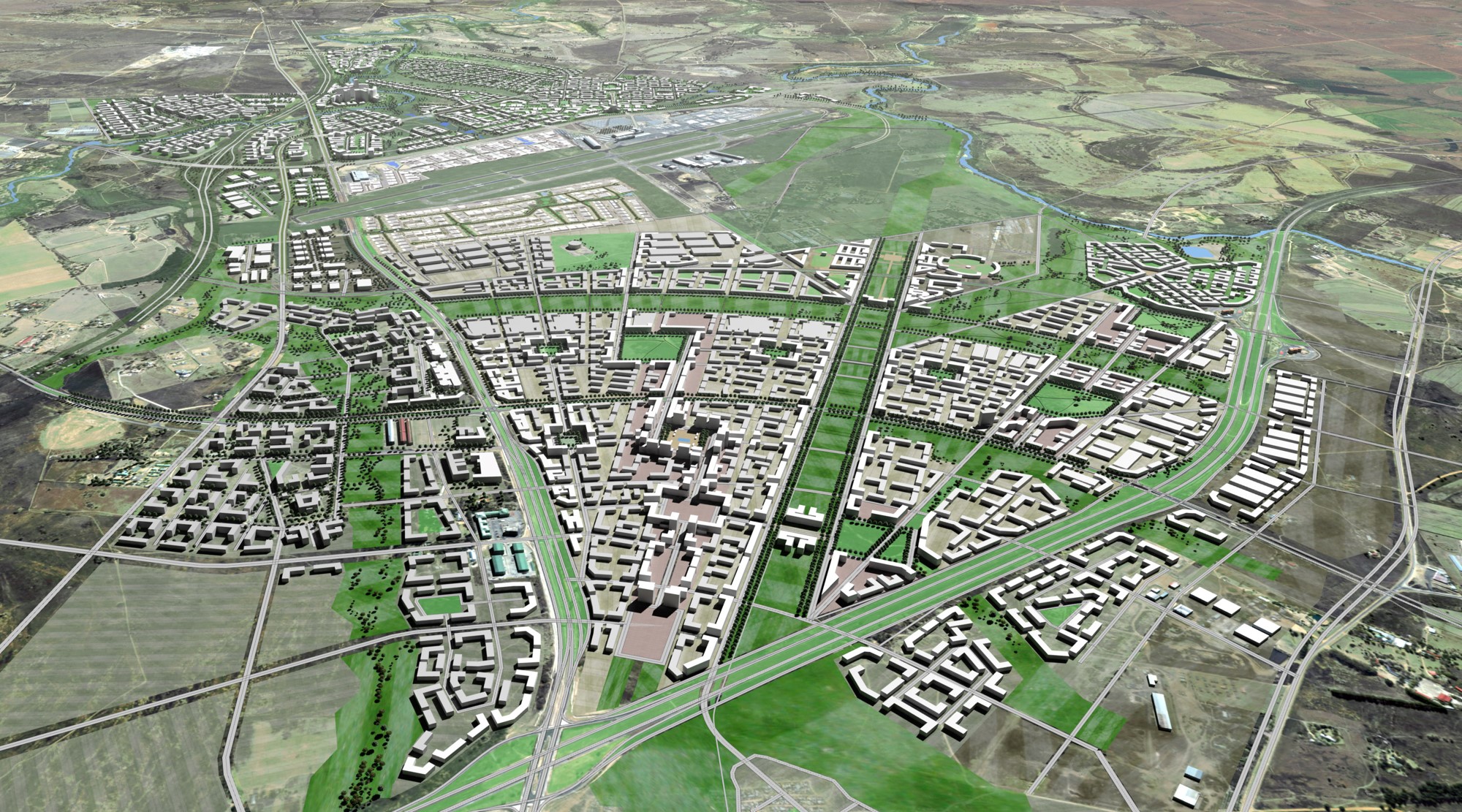 Designing tomorrow’s sustainable cities: Lanseria Smart City
Designing tomorrow’s sustainable cities: Lanseria Smart City
The Greater Lanseria Master Plan (GLMP) is the first stage in the development of the new Smart City in Lanseria (Gauteng Province), as announced by South African President Cyril Ramaphosa in his 2020 State of the Nation Address. Following the announcement, a joint initiative led by the Gauteng Office of the Premier was formed to undertake extensive studies and engagements for the planning of Lanseria Smart City.

